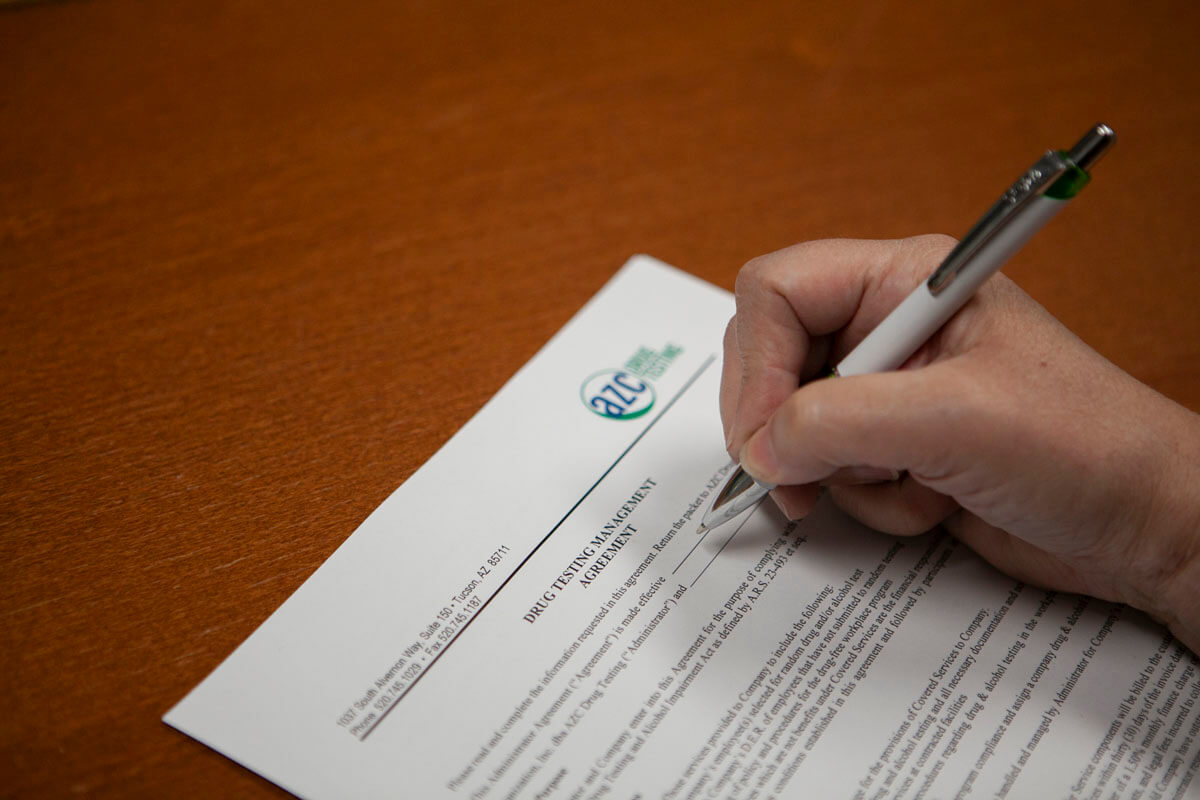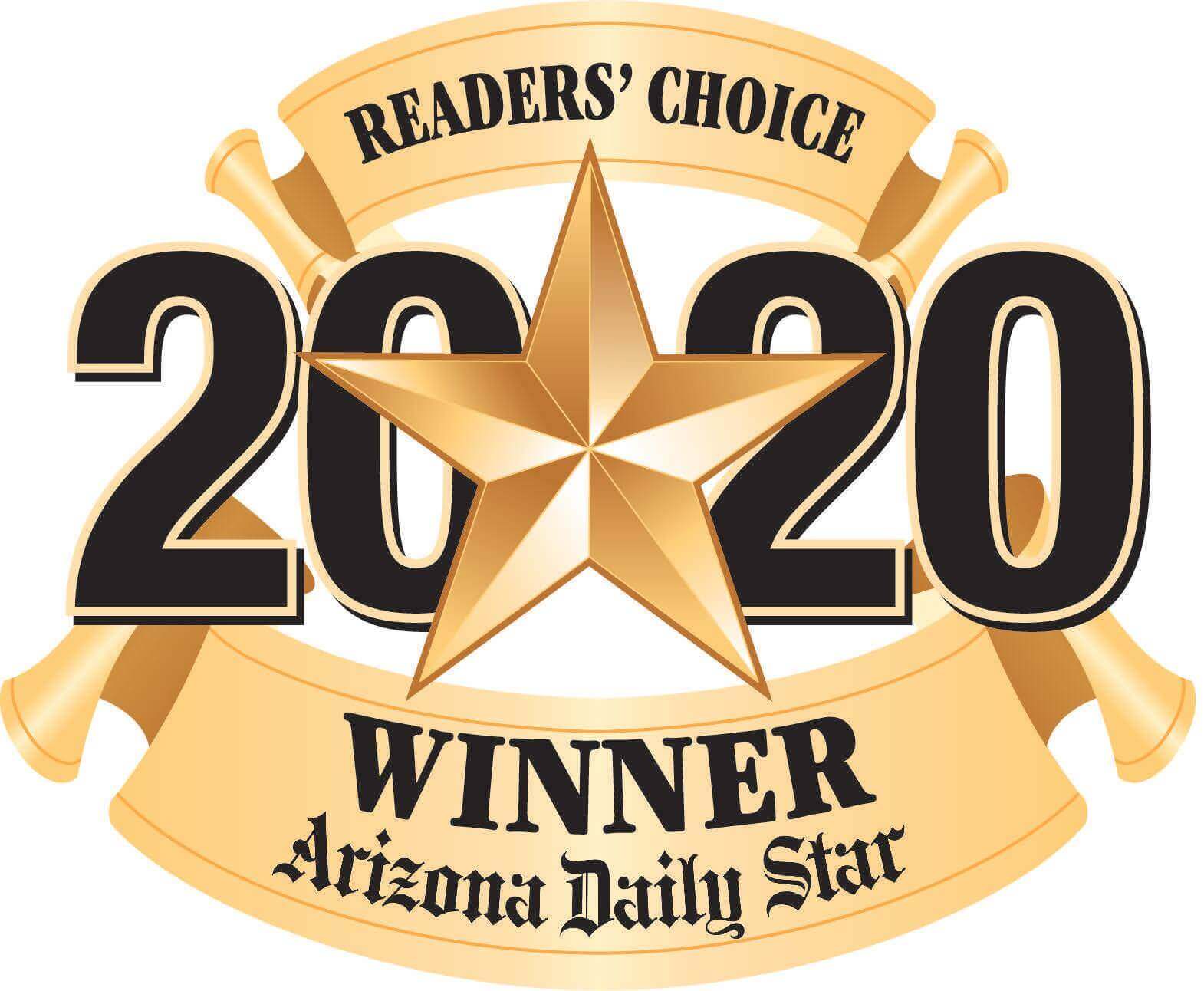How Long Does a Background Check Take?
How long does a background check take? Whether you’re a job applicant eagerly awaiting a final offer of employment or a hiring manager who needs to expand the company’s roster of talent, you may want to know exactly how long you’ll have to wait. Unfortunately, there is no universal answer to the question, “How long does a background check take?” It depends on the specific types of background screenings selected by the organization.
Average Completion Times for Background Checks
Job candidates who have applied to positions at law enforcement agencies, such as the Federal Bureau of Investigation (FBI), should expect to wait a long time—about a month or longer. However, most job applicants and hiring managers can expect to receive the background screening report within a few days to a week. This is dependent upon the exact type of screenings requested.
For example, it may take one to three days to receive a motor vehicle report (MVR), depending on the state. A Social Security number trace may take one or two days. A criminal background check typically averages a few days, and so does a fingerprint check. If time is of the essence, you can ask the company for an expected turnaround time when you submit the background check request.
Possible Reasons for a Longer Wait Time
The answers to the question, “How long does a background check take?” may not apply in certain situations. There are a number of reasons why it might take longer than usual to run a background check. For instance, the employer is required to obtain release forms signed by the job applicant. Without those release forms, the background check agency cannot move forward.
It’s also common for a job applicant to have aliases. For instance, “Daniel” may also be known as “Dan” or “Danny.” If multiple variations of a name have been used, the agency will need to meticulously comb through the records to ensure they are matching the right info to the right person.
To reduce the possibility of a delay, employers should ensure that all information they provide to the agency is correct and complete. Employers must also ensure that they have the job applicant sign the proper release forms.
Do you need to run a background check on a job applicant? AZC Drug Testing offers a comprehensive range of background check services, which are fully customizable to your specific needs and preferences. Contact us today and enjoy hiring with confidence.





